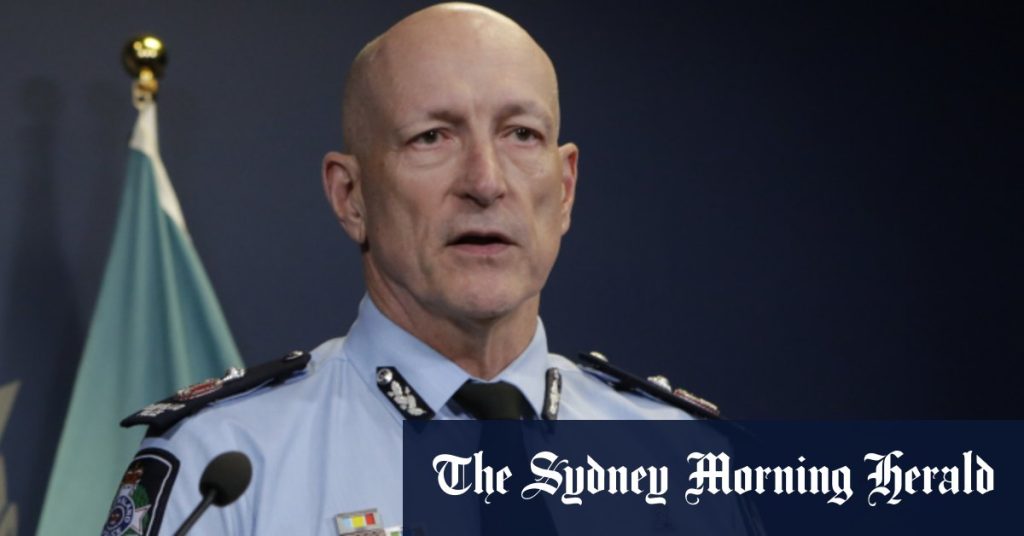The Queensland Police Service (QPS) is currently undergoing changes at a challenging time for the agency. The force is still recovering from an inquiry that brought attention to deep cultural issues within the organization. At the same time, the QPS is dealing with a surge in domestic violence cases and navigating heated debate around youth justice as the state approaches an election year. On top of these challenges, the agency is also facing workload and recruitment pressures. These factors have all contributed to a complex and difficult environment for the QPS.
The head of the QPS, Commissioner Katarina Carroll, has initiated changes within the agency to address these issues. Part of this transformation includes the appointment of Deputy Commissioner Shane Chelepy to a newly created position overseeing a range of organizational reforms. This shift in leadership aims to improve the culture within the force and address the various challenges the QPS is facing. However, the agency’s efforts to overcome its past issues and handle the current workload and recruitment pressures have been met with continued skepticism and criticism.
Deputy Commissioner Chelepy’s appointment comes at a time when the QPS is under scrutiny for allegations of racism within the force. Acting Deputy Commissioner Peter Gollschewski has been accused of racism, which he has vehemently denied. These allegations add another layer of complexity to the challenges the agency is facing. Additionally, recent research has found that Queenslanders are only scoring the service provided by the force at a six out of ten. While crime rates are falling overall, there is still heightened fear among certain segments of the community, indicating that there is still work to be done in rebuilding trust and improving perceptions of the QPS.
The changes within the QPS are crucial as the agency grapples with its past and tries to move forward in a positive direction. The reforms being implemented by Commissioner Carroll and Deputy Commissioner Chelepy are essential in addressing the deep-seated cultural problems within the force. By improving the organization’s culture and addressing issues such as racism and fear within the community, the QPS can work towards regaining the trust of the public and enhancing its effectiveness in tackling crime and providing a safe environment for all Queenslanders.
The challenges facing the QPS highlight the importance of effective leadership and organizational reform in law enforcement agencies. The ability of Commissioner Carroll and her team to navigate these complex issues and implement changes that address the agency’s cultural problems and operational challenges will be critical in shaping the future of the QPS. By taking proactive steps to address issues such as domestic violence, racism, and fear within the community, the QPS can work towards creating a more inclusive and responsive law enforcement agency that better serves the needs of all Queenslanders.
In conclusion, the Queensland Police Service is facing a series of challenges that require immediate attention and proactive solutions. The agency’s efforts to address deep-seated cultural issues, manage a surge in domestic violence cases, and navigate heated debates around youth justice are all critical in shaping the future of the QPS. By implementing organizational reforms, improving leadership, and addressing concerns such as racism and fear within the community, the QPS can work towards rebuilding trust, enhancing public perceptions, and improving its effectiveness in maintaining law and order in Queensland. The success of these reforms will be crucial in shaping the future of the agency and ensuring it can effectively serve and protect all Queenslanders.


